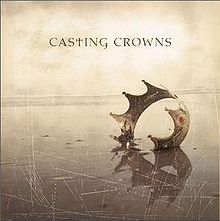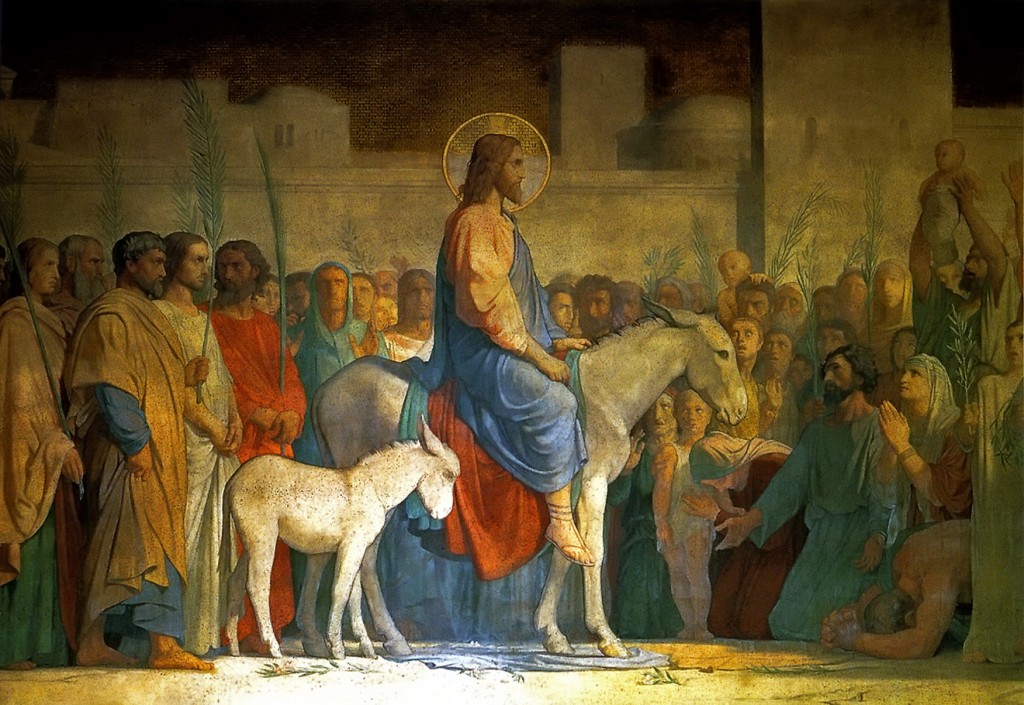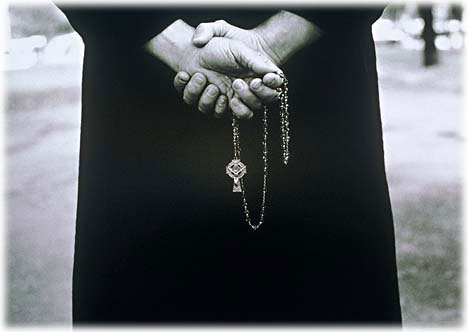Just in case…
Just in case you didn’t you didn’t realize it, yesterday was April Fools’ Day.
About a month ago, Joe Heschmeyer sent out an email to a number of Catholic bloggers inviting us to do something a little different for April Fools’ Day this year. Rather than doing the typical “fake news story”, he suggested we do some kind of satirical analysis:
…[the] Catholic issues that maybe have crossed your mind, but you think, “This is much too stupid to write a blog post about.” It treads the fine line between the serious and the absurd.
I had shared with Joe my theories on He-Man, Christian Allegory and Transubstantiation when we got to hang out last November. It seemed to perfectly fit the criterion of “too stupid to write a blog post about”
Anyway, just in case you missed them, here are some of the other April Fools’ Day offerings out there:
Shameless Popery: How the Summa might address Zombie Uprising
The Thin Veil: “Pope To Blogosphere”
St. Joseph’s Vanguard: “The New Perspective on Peter”
Almost Not Catholic: I Relent!
Young, Evangelical and Catholic: Pope Excommunicates All Of Us!

 to meditate upon our tale of grace…
to meditate upon our tale of grace…
 My favourite band,
My favourite band, 



 In our First Reading last week we read about the giving of the Ten Commandments and this week we continue our Lenten tour through the high points of Old Testament Salvation History.
In our First Reading last week we read about the giving of the Ten Commandments and this week we continue our Lenten tour through the high points of Old Testament Salvation History.